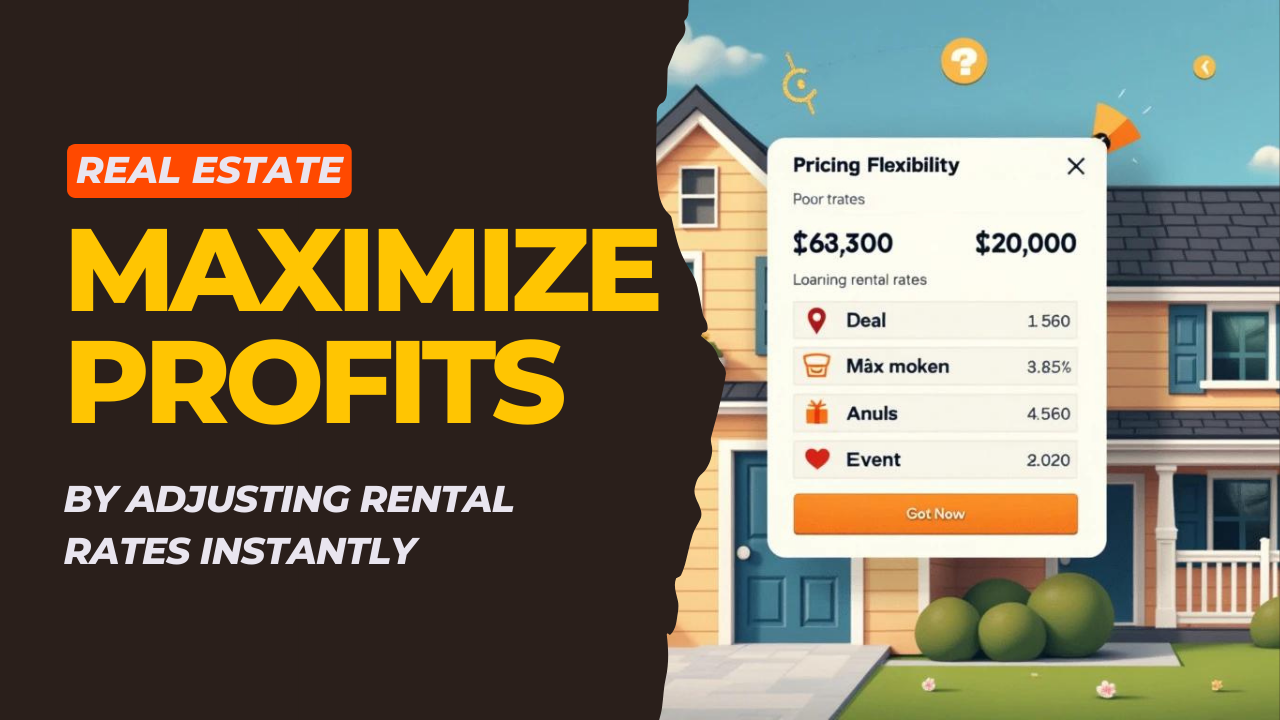Exercitation ullamco laboris nis aliquip sed conseqrure dolorn repreh deris ptate velit ecepteur duis.
Flexibility in Property Use: A Key Advantage of Short-Term Rentals
-
Vestio Capital > Education > Investing in Vacation Rentals > Flexibility in Property Use: A Key Advantage of Short-Term Rentals

One of the most compelling reasons to invest in short-term rental (STR) properties is the flexibility they offer. Unlike traditional long-term rentals, short-term rentals provide a unique opportunity for property owners to balance personal use with income generation. Whether you’re a real estate investor looking to maximize returns or someone seeking to supplement income through occasional rentals, short-term rentals provide a versatile solution. Here’s why flexibility in property use is a significant advantage of short-term rentals.
1. Personal Use and Income Generation
One of the greatest benefits of owning a short-term rental is the ability to enjoy the property yourself. Unlike long-term rentals, where tenants occupy the property for extended periods, short-term rentals allow owners to use the property for personal vacations or weekend getaways between bookings. This dual-purpose use is particularly appealing for properties in desirable vacation destinations. Imagine owning a beachfront condo that you can rent out for most of the year but still use during your favorite times of the year.
This flexibility means you can have the best of both worlds: a vacation home when you want it and a source of income when you don’t. The ability to block off time for personal use gives short-term rental owners more control over their investment than long-term rental owners, who are often tied to tenant leases for months or even years.
2. Adaptability to Market Conditions Another significant advantage of short-term rentals is the ability to adapt quickly to changing market conditions. If demand increases due to local events, festivals, or seasonal tourism, you can adjust your nightly rates to capitalize on the surge in bookings. Conversely, if the market softens, you can lower prices to attract guests and maintain occupancy.
Another significant advantage of short-term rentals is the ability to adapt quickly to changing market conditions. If demand increases due to local events, festivals, or seasonal tourism, you can adjust your nightly rates to capitalize on the surge in bookings. Conversely, if the market softens, you can lower prices to attract guests and maintain occupancy.
This flexibility in pricing and availability allows you to maximize your rental income based on real-time market conditions, something that long-term rentals cannot offer. With a long-term tenant, you’re locked into a fixed rental rate, regardless of whether the market changes. Short-term rentals give you the agility to respond to market fluctuations, optimizing your revenue potential throughout the year.
3. Tax Benefits of Mixed-Use Properties
Another often-overlooked advantage of short-term rentals is the potential tax benefits for mixed-use properties. Depending on how often you use the property for personal stays and how often you rent it out, you may be eligible for tax deductions on expenses related to the rental portion of the property. These deductions can include property management fees, maintenance, utilities, and even a portion of the mortgage interest.
For example, if you rent the property for more than 14 days in a year and use it personally for fewer than 14 days (or less than 10% of the total days rented), the IRS considers it a rental property, and you can deduct certain expenses. This tax flexibility can make short-term rentals more financially advantageous compared to purely personal vacation homes or long-term rental properties, which have different tax implications.
It’s important to consult with a tax professional to understand the specific benefits and requirements related to mixed-use properties, but many investors find that short-term rentals offer a favorable tax position when managed correctly.
4. Easier Property Maintenance
Short-term rentals also provide more frequent opportunities for property maintenance and inspections. With long-term rentals, you may only have access to the property once a year (or less) for routine inspections, making it harder to address issues promptly. In contrast, short-term rentals allow you to inspect the property regularly between guest stays, ensuring that any maintenance issues can be resolved quickly and before they become costly problems.
This frequent access also allows you to make improvements and upgrades to the property as needed, keeping it in top condition for future guests. The ability to maintain the property on a regular basis helps preserve its value over time and can contribute to better guest reviews, leading to more bookings and higher income.
5. Diversified Income Sources
Short-term rentals allow for diversified income sources beyond just nightly rental rates. Many owners offer additional services or amenities, such as guided tours, equipment rentals (bikes, kayaks, etc.), or concierge services, which can add value for guests and increase overall income. This flexibility in income generation isn’t typically available with long-term rentals, where your income is limited to the monthly rent paid by tenants.
For instance, if your short-term rental is located in a popular vacation destination, you could offer packages that include local experiences or equipment rentals, enhancing the guest experience while generating additional revenue. These ancillary income streams can make a significant difference in your overall profitability and give you more control over how you generate income from the property.
Conclusion
The flexibility offered by vacation rentals makes them a compelling choice for investors seeking a versatile real estate asset. From the ability to use the property personally while generating income to adapting to market conditions and enjoying potential tax benefits, short-term rentals offer unique advantages that long-term rentals simply cannot match.
By investing in vacation rentals, you not only create a source of passive income but also gain the freedom to use and enjoy your property on your terms. This combination of personal enjoyment and financial gain is why many investors are turning to vacation rentals as a smart and flexible addition to their investment portfolios.

